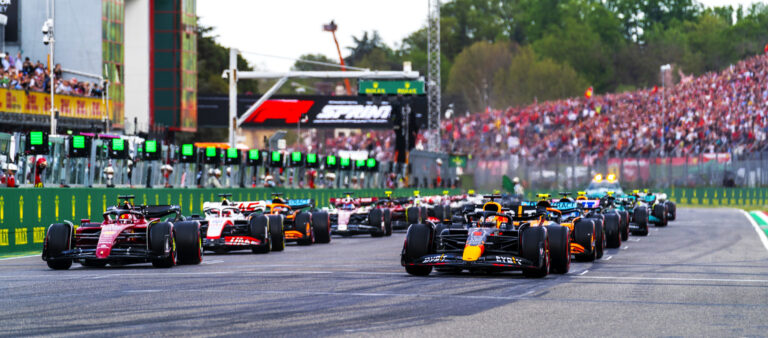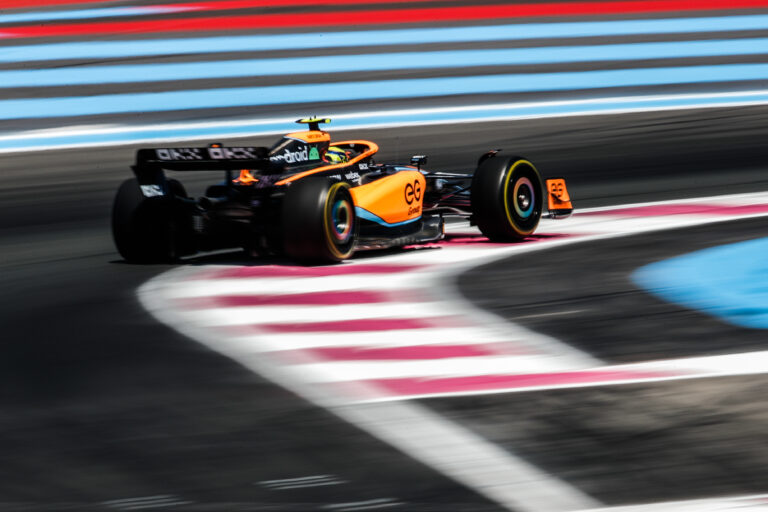If in the 80s and 90s Formula 1 teams were fighting for the biggest sponsorship in the tobacco industry, long banned due to its negative effects on people and the environment, now they are still looking for the most remunerative sponsorship in the world that's why we are talking about the relationship between cryptocurrencies and Formula 1.
Taking a small step back, it is useful to explain what cryptocurrencies actually are: these are digital currencies, think of the most famous Bitcoin, used in virtual transactions, recorded in decentralised ledgers called blockchains.
Their relevance to the world of Formula 1 is confirmed by the fact that Crypto.com, a cryptocurrency exchange platform, has entered into a partnership agreement with Liberty Media, becoming a Global Partner of F1.
On the team side, by now almost all Formula 1 teams have signed sponsorship agreements with companies in cryptocurrencies and their derivatives (NFT, blockchain): only Haas and Williams are missing, but one imagines they will be added to the list soon. Instead, Aston Martin was the first team to decide to operate a sponsorship in this sector, signing an agreement with the aforementioned Crypto.com in March 2021. On the other hand, Red Bull Racing closed the largest sponsorship deal in the cryptocurrency sector with ByBit: we are talking about a rumoured $150 million over three years.

More specifically, in which sectors are cryptocurrencies most used? This is a legitimate question, if you think, for example, of the strategy implemented by Alfa Romeo, which has decided to make its way into the world of decentralised finance with a partnership with Floki.
But there is more: the world of cryptocurrencies has even revolutionised the sport-fan relationship. A further milestone is that with cryptocurrencies, it is possible to buy NFTs (Non-Fungible Tokens), i.e. certificates of ownership for digital goods. Mercedes, for example, has chosen FTX, a cryptocurrency exchange, as a trading partner, through whose app it is possible to buy NFTs related to the Mercedes brand and the world of Formula 1.
This recent indissoluble link between Formula 1 and cryptocurrencies brings with it problems of no small relevance: while the Formula 1 world is constantly seeking to become greener, the world of cryptocurrencies does not seem to want to follow in its footsteps. Cryptocurrencies, to be created, currently require a process called 'mining', which consumes a lot of energy and releases carbon dioxide. In addition, cryptocurrencies are not yet well regulated from a financial and consumer protection point of view worldwide.
However, at least for the time being, nobody seems to be too concerned about it. On the contrary, everyone is betting on the financial potential of the cryptocurrency world. And if you are interested to know more, give us at Drive a call.







